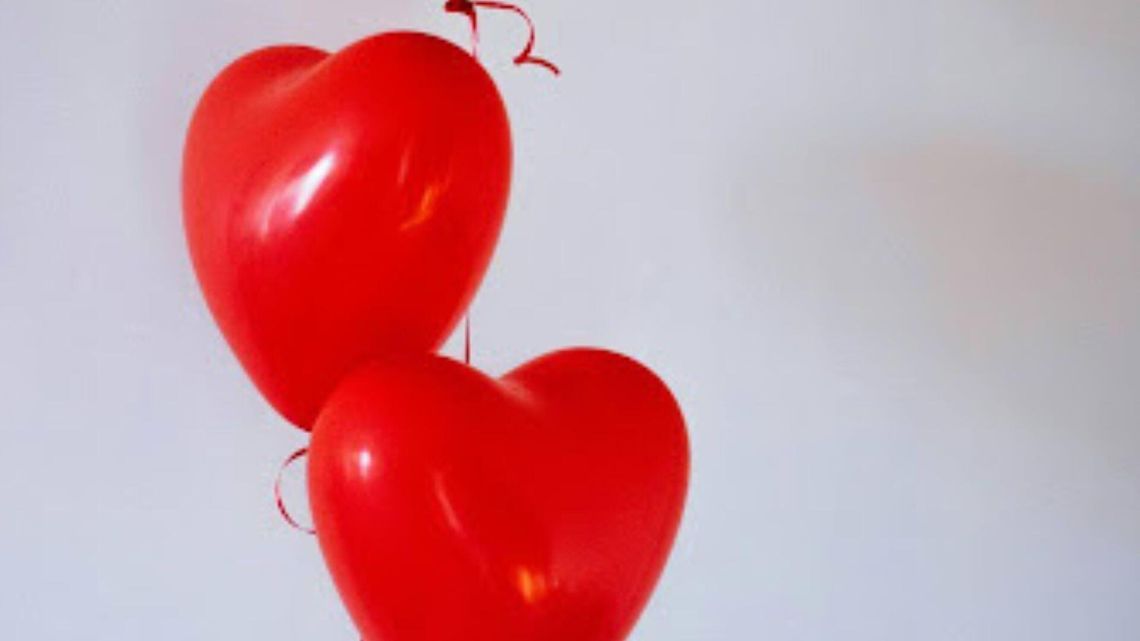BY LINDSEY HUGHES
Art Director
Contrary to popular belief, love is not just a feeling or emotion that is sparked randomly when you find your significant other, meet your best friend or even have a baby. Falling in love is an intricate scientific process at its core.
Falling in love is an act that is strongly orchestrated by hormones and chemicals released in the human body.
The first phase of love is attraction.
Attraction causes dopamine levels to increase, which produces what many writers have called a “natural high.” This is both because of the sense of euphoria dopamine gives and the fact that it has the same effects of many addictive substances.
Norepinephrine, also known as Noradrenaline, is another chemical that the body releases in the process of falling in love. This chemical, however, is connected to our natural fight-or-flight response.
This explains several physical reactions that you have most likely experienced in the context of love – sweaty palms, a racing heart or even extreme feelings of nervousness and excitement.
Have you ever experienced a feeling of preoccupation with your significant other or crush, possibly to the verge of obsession?
This feeling is normal and is caused by serotonin levels decreasing during the early stages of falling in love.
Serotonin allows us to regulate and control our moods. This decrease is the explanation for the infatuation often felt during a budding relationship.
Oxytocin is what many psychologists call “the love hormone.” Oxytocin is released during physical touch, and is why we experience contentment and attachment after contact with a partner. Hugging, holding hands, kissing and intimacy all raise our oxytocin levels.
One very important hormone for those looking to be in long-term relationships is vasopressin.
Vasopressin is linked to monogamy and long-term relationships; it has been linked to both attachment and commitment. Increased levels of vasopressin cause increased protective and territorial behavior towards your partner.
Lastly, cortisol is an important hormone released during the initial stages of falling in love.
Harvard Medical School defines cortisol as the stress hormone. Levels of cortisol often significantly rise in the beginning of a relationship.
This is why many feelings may be heightened and intensified during the early stages of a partnership and why we may feel a gradual shift to comfort and stability.
“Cortisol and serotonin levels return to normal. Love, which began as a stressor (to our brains and bodies, at least), becomes a buffer against stress.” Scott Edwards said in a Harvard Medical School article called “Love and the Brain.”
Kynlie Bogle is a sophomore psychology major at Tarleton State University. She recently got engaged and has her own thoughts on the scientific side of love, while being in love.
“Studying psychology has changed my view on love,” Bogle said. “I feel like I have a deeper understanding of what it really takes to be in a relationship. Even though it is said all the time, communication truly is key. Love in psychology is defined as when the satisfaction, security and development of another person is as important to you as your own satisfaction, security and development. Relationships aren’t always 50/50, but there always must be work put in from both sides.”
Jacob Earl Holzschuh is a Tarleton Alumnus with a Bachelor of Science in criminal justice and psychology. He is happily married and has a 1-year-old baby. His psychology background also gives a different insight into love.
“Studying psychology has made me view love and relationships less through an emotional lens and more through patterns of behavior, attachment styles and biological drivers,” Holzschuh said. “I recognize that attraction, commitment and intimacy are influenced by subconscious factors, not just feelings. Psychologically, love is a combination of attachment, intimacy and passion, influenced by neurotransmitters like oxytocin and dopamine. It’s less about fate and more about compatibility, reinforcement and shared experiences. From a human perspective, love is both a choice and a feeling – a deep commitment that requires sacrifice, trust and respect to grow.”
.png)

Comment
Comments